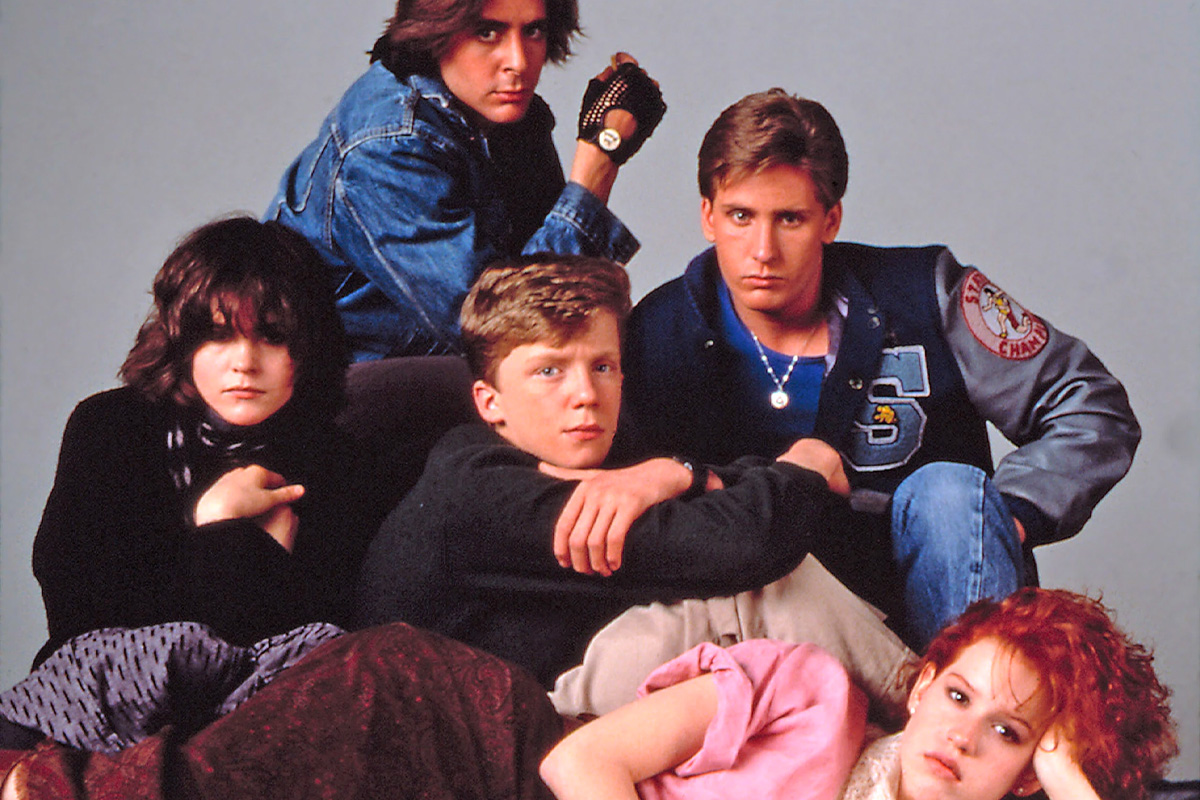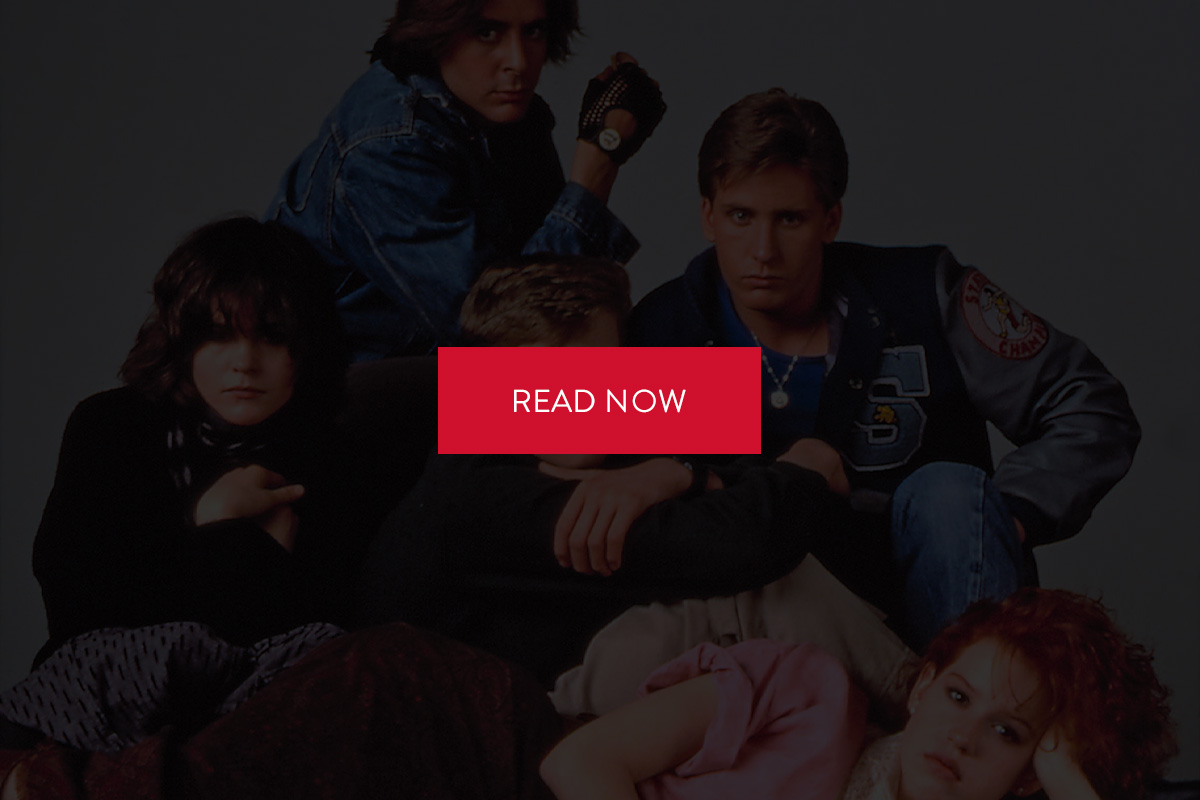Generational Differences: How to Market to Each Generation
Millennials
We’ve talked for the last few years about marketing to Millennials, and many people have taken the tact that they are not part of our core audience so we don’t need to spend resources on them yet. Well, times are changing—and fast. With the growth of sports betting nationwide, Millennials are already a relevant audience for gaming. (We talk more specifically about marketing to sportsbooks here)
But how do we capture their attention and how does that differ from how we’ve targeted and communicated with guests in the past? The differences between Boomers and Gen Xers were subtler, but when it comes to Millennials, get ready to change things up. To review how Boomers and Gen Xers differ, visit: Boomers and Gen Xers
The Emerging Market: Millennials!

Born: 1981–1996
Age: 26–41
Relevance: Upper Ages Now Core Audience (Younger Target for Sports Betting, Nightlife and Entertainment)
Behaviors:
- Social Experiences
- Weekend Warriors
- Gravitate to Experiences (The What’s In It For Me)
Messaging:
- Messaging Quick and to the Point
- Transparent to Build Trust
- Speak from the “We” Perspective (More Personal and Casual)
Tactics:
- Digital Heavy but Traditional still has its Place
- Consuming Traditional Differently (Appointment Viewing Versus Live TV)
- Shorter attention span calls for shorter ads (:15 and :06 second digital spots)
Older Millennials are now coming into the age where they have more disposable income and typically become part of the core gaming audience. Generation after generation begins to behave as their parents did as they age, and Millennials should be no different. Where things will change is, as they mature, they will bring their media and communication habits along with them.
Millennials put more weight on brand trust than Boomers and Gen Xers. This makes how we communicate our promotions to this audience a bit challenging. Our $100k promotions that boomers respond to wouldn’t resonate as much with this audience. They want more direct information and want to know what’s in it for them. They see the $100k message and can feel it’s deceiving and erodes brand trust.
Where Boomers and Gen Xers are more transactional and react to promotions and traditional free play, Millennials focus on the experience they will enjoy and can share with others either in person or via social media. You can get away with more informal language and communication as long as it remains personal. They seek a relationship with the brand so communication should be from “we” and “us” and not talked about in the third person.
2000's
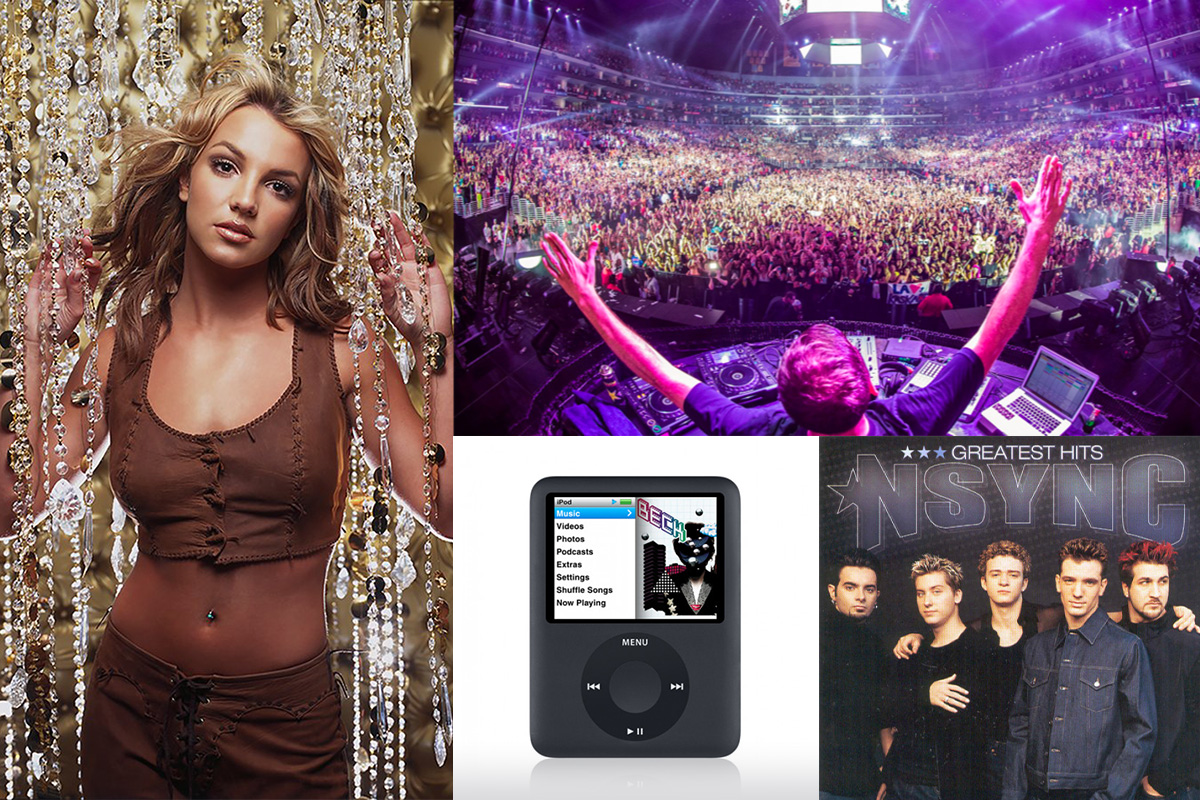
The Future of Generational Marketing
Knowing how the three audiences differ can help casinos design marketing plans and campaigns appropriately to drive the best result. Gone are the days of one branding campaign played out over a couple of TV/radios spots and matching outdoor placements. Targeting individual groups where they are and how they want to be reached has already shifted us away from the traditional tactics taken to advertise casinos, and will continue to do so as we move forward. Digital has become more integrated into everything. It’s changed even the simple things like how we watch TV and listen to music. So, we have to adapt our methods to match.
Communicating Throughout the Years
1950’s
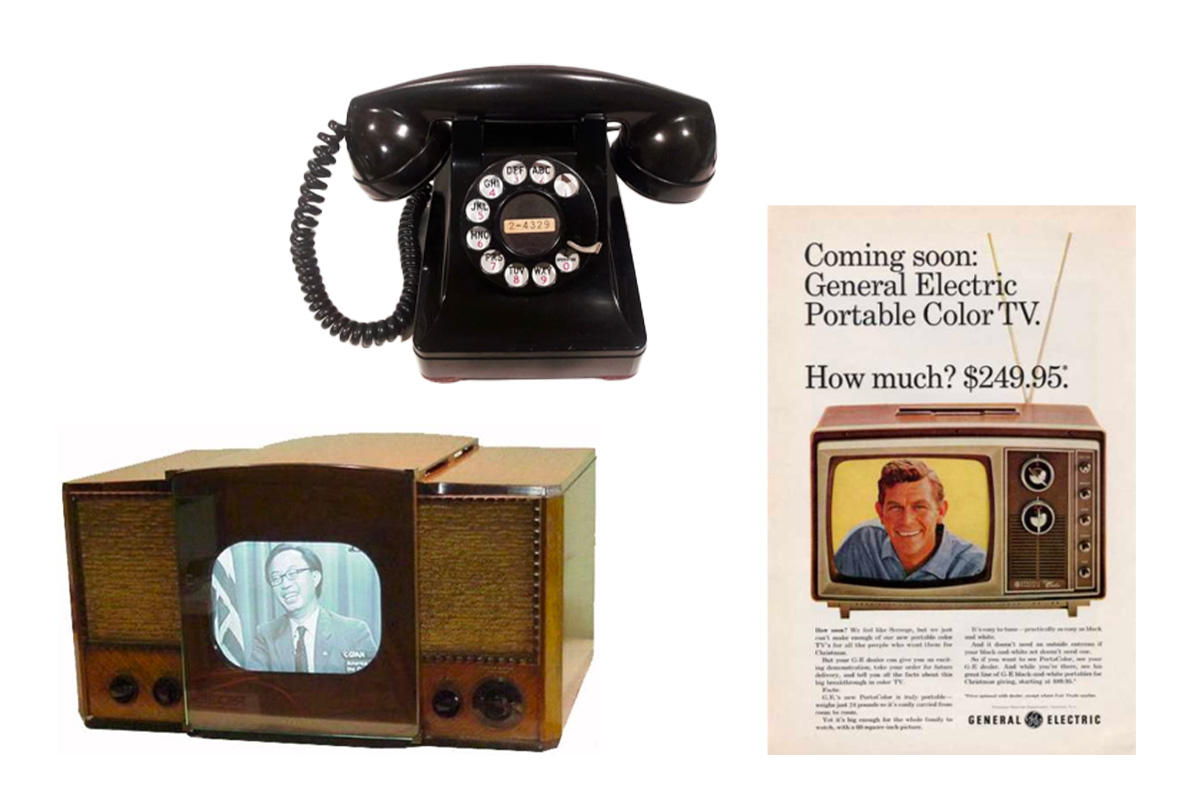
1960’s

1980’s
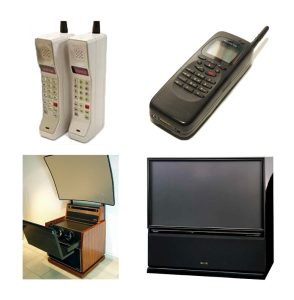
1990’s
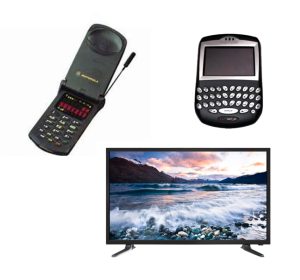
2010’s

Check Out the Other Generations
Baby Boomers
(1946–1964)
Gen Xers
(1965–1980)
Millennials
(1981–1996)






